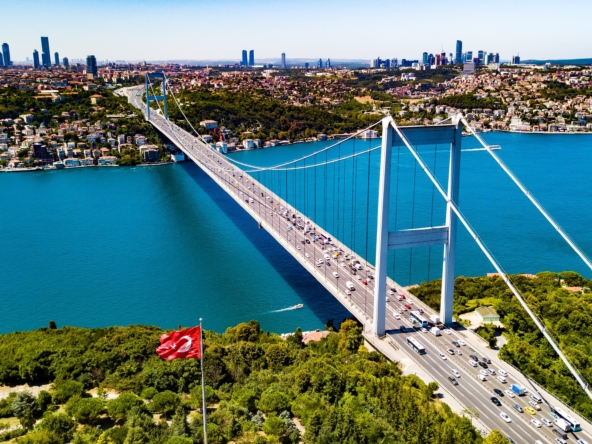How can foreigners who gained citizenship right benefit from health services?
The quality and composition of health services which is one of the most basic needs of human being should measure with accessibility. Turkey is one of the leading countries from the point of health services for Turkish citizens and foreigners.
How to benefit from General Health Insurance?
Considering the principle of reciprocity, foreigners who have been granted a residence permit are entitled to benefit from general health insurance;
- Foreigner shouldn’t be insured in in any other country except Turkey and shouldn’t have a right to benefit from health insurance.
- Foreigners who completed one-year residence period in Turkey and demanded to benefit from the health services, can benefit from the health services.
In order to get benefit from health services and be included in the scope of general health insurance, foreigners should apply the nearest social security centers. The following documents are requested from foreign nationals during the applications;
- Original or approved form of residence permit
- Original or certified photocopy of the official health care provider indicating the general health insurance application from the social security institution of the country concerned,
- Commitment form
At the end of the legal time foreign person behind all of the required documents and application can benefit from health services in Turkey. Family members who are liable to take care of foreign nationals who are covered by universal health insurance can benefit from these health services as well.
How much does health premiums for foreign citizens?
Foreign nationals are required to pay health care premiums and 24% of the minimum wage rate benefit from all of the health services in general and health insurance from Turkey.
Turkish education system is under the supervision and control of the state, namely the Ministry of National Education. According to the Constitution of the Republic of Turkey, everyone has the right to receive education. Education is compulsory from ages 6 to 14 and free in state schools. The country’s primary schools currently have a 98 percent participation rate.
The academic year in Turkish education institutions generally begins in the mid-September or early October and continues to May or early June. There is also a two-week winter break in February.
Stages of the Education System :
Pre-School Education: Optional kindergarten education, up to 6 years of age.
Primary Education: Compulsory and free basic education for eight years (5 years elementary + 3 years secondary), 6-14 years of age.
Secondary Education: 4 years of High School (Lise), or Vocational High School education, 15-17/18 years of age. Some schools might have an additional year of language study. High schools are mostly owned by the government and provide free education.
Higher Education: 4 years of University, or 2 years at Higher Vocational Schools. Some schools have an additional year of language study. Under normal circumstances, Master’s study lasts 2 years; PhD 3-5 years. This category includes all educational institutions which will provide post-secondary education. They are under the supervision of Higher Educational Council (YOK).
Types of High Schools :
1-Public High Schools (“Normal Liseler” or “Duz Liseler
2-Vocational High Schools (Meslek Liseleri
3-Anatolian High Schools (Anadolu Liseleri)
4-Super High Schools (Super Liseler
5-Science High Schools (Fen Liseleri)
6-Private High Schools (Ozel Liseler)
Types of Higher Education Institutions
State Universities (Devlet Universiteleri)
Higher Vocational Schools (Meslek Yuksek Okulları)
Private or Foundation Universities (Ozel / Vakif Universiteleri)
There are number of public transport options in all major and touristic cities of Turkey including suburban trains, local buses, subway, trams, minibuses and taxis.
PUBLIC TRANSPORT SYSTEM
There are huge public transport system in Turkey such as local buses, taxis, minibuses, tram and metro. Your choice of transport will depend on how quickly you want to get from A to B
Local Buses: All towns and cities have plentiful local buses which are cheap to use. You can purchase a smart ticket for a small deposit which, once loaded with credit, can be used not only on the buses but the metro, tram and ferries.
Minibuses (Dolmus): Minibuses are useful alternatives to local buses and run on standard routes posted on the front screen of the vehicle.
Taxis: Taxis are plentiful and are best boarded at designated taxi stops. Payment is according to the on-board meter. All taxis in Turkey are required by law to have an on-board meter. The day time rate is 50% higher between midnight and 6am. However, set prices are more common for intercity journeys which are posted clearly at the taxi stop.
RAIL TRANSPORT :
Metro: Turkey’s metro system of underground and surface rapid transit trains is growing quickly. Major cities of Turkey now have the underground metros. You need to buy the smart ticket to travel by metro.
Tram: Several cities also have overground trams, which are a quick and efficient way of getting around.






